What Temperature Is Simmer On An Electric Stove? (Setting The Perfect)
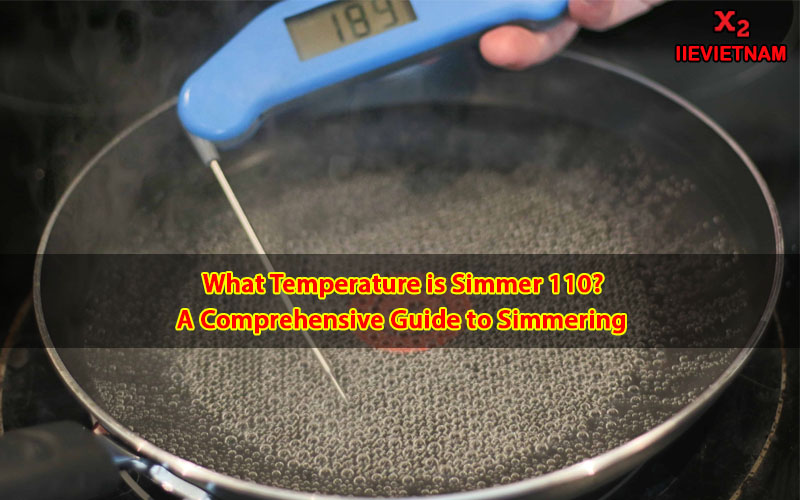
What Temperature is Simmer 110? A Comprehensive Guide to Simmering
The simmering temperature is typically between 185°F and 205°F (85°C and 96°C). However, determining the exact temperature of an electric stove can be a bit tricky, as most stoves don't have built-in thermometers. To measure the simmering temperature, consider using an instant-read thermometer or a candy thermometer.

What Number Is Simmer On A Stove? Healing Picks
Typically, water boils at a temperature of 212 degrees F. Simmer, being just below the boiling point, can range from anywhere between 185 degrees to 205 degrees F (85-96°C). Simmering is a sophisticated game of the eye. On an electric stove, you can determine the simmering temperature by just observing the following: The tiny bubbles at the.
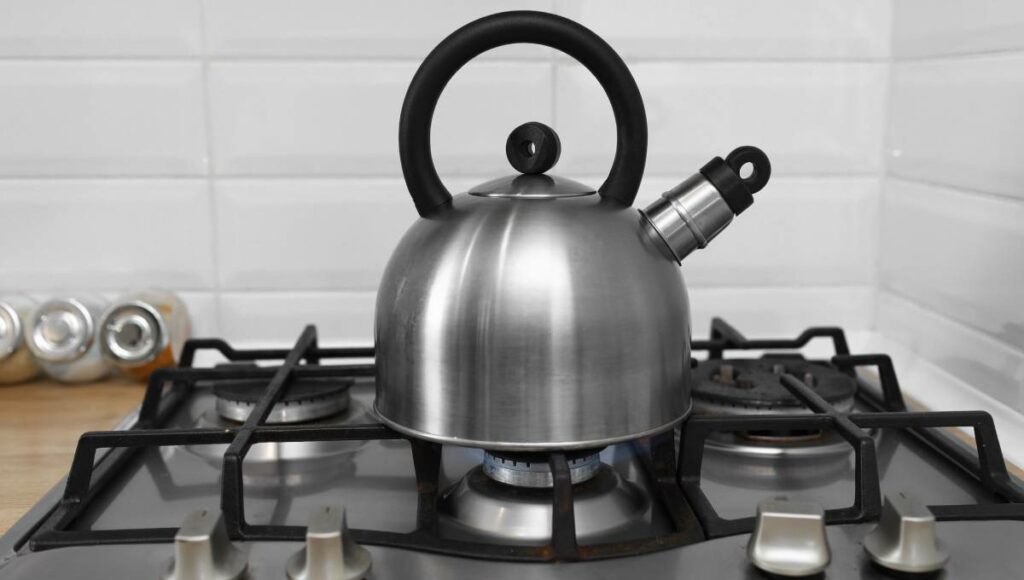
What Setting Is Simmer On A Gas Stove? Gas Stove Settings
The temperature of a simmer typically ranges between 180 to 200 degrees Fahrenheit (82 to 93 degrees Celsius). This temperature is lower than boiling, and allows the liquid to gently bubble, creating a moist and flavorful environment for cooking. 3.
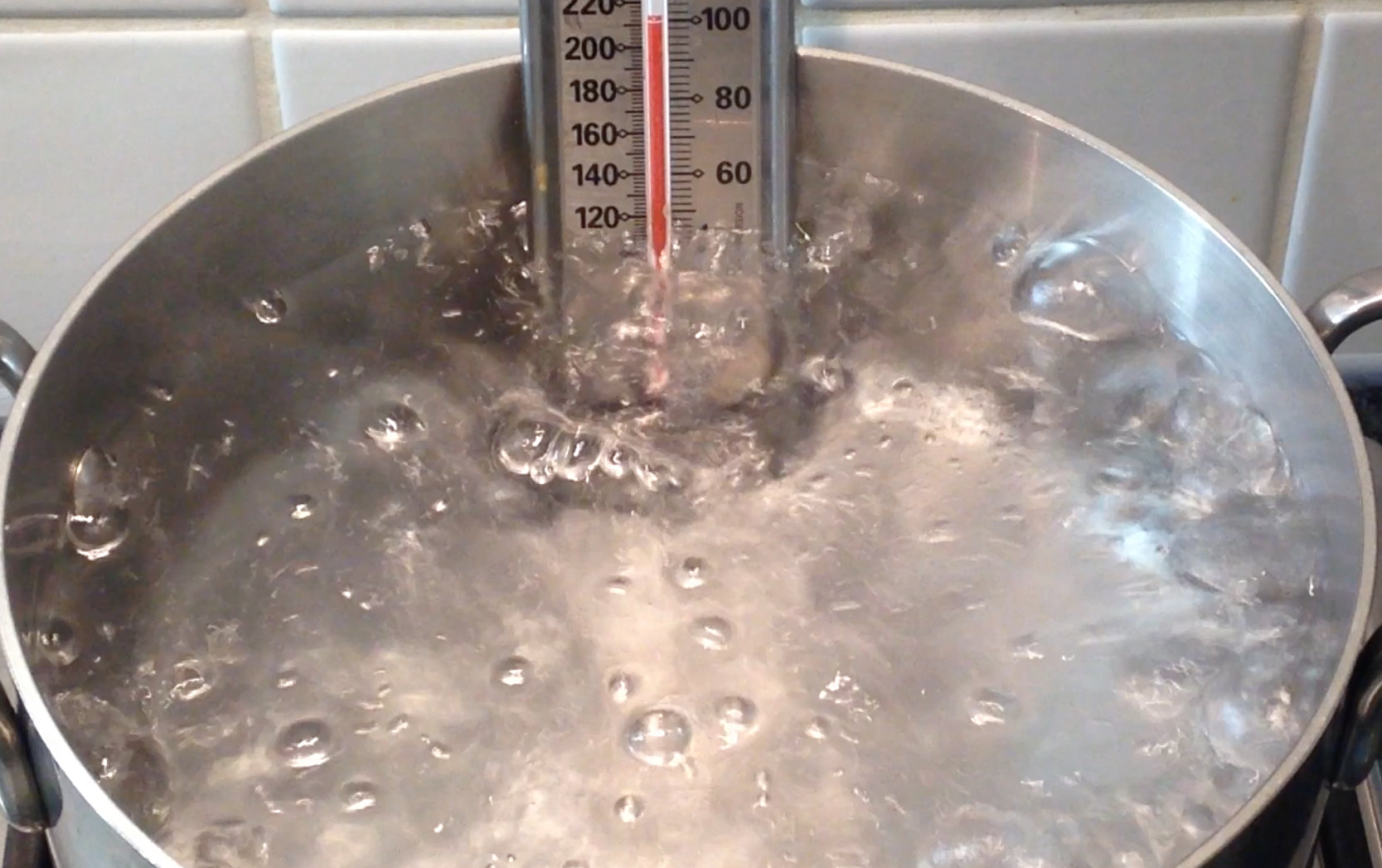
Confidence In The Kitchen How To Simmer, Poach, and Boil
Simmering is a cooking technique in which foods are cooked in liquid at a low temperature, just below the boiling point. This gentle cooking process helps to infuse flavors and tenderize foods. When it comes to simmering on an electric stove, there are a few key things to keep in mind to achieve the best results. Contents [ show]
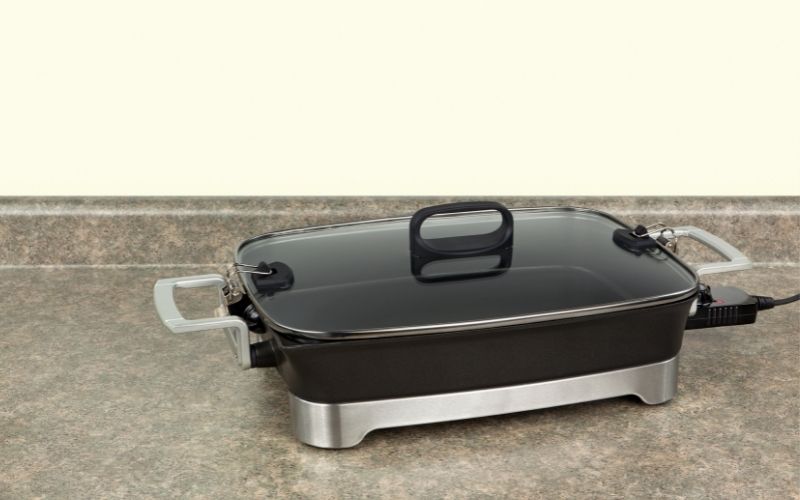
What Temperature Is Simmer On An Electric Skillet?
Add the Meat to the Cold Water. Place the meat into the cold cooking liquid before turning on the stove when making stock or soup. This will prevent the stock from getting cloudy. Upon placing meat or poultry into a pot of boiling water, it will cause proteins to release into the water.
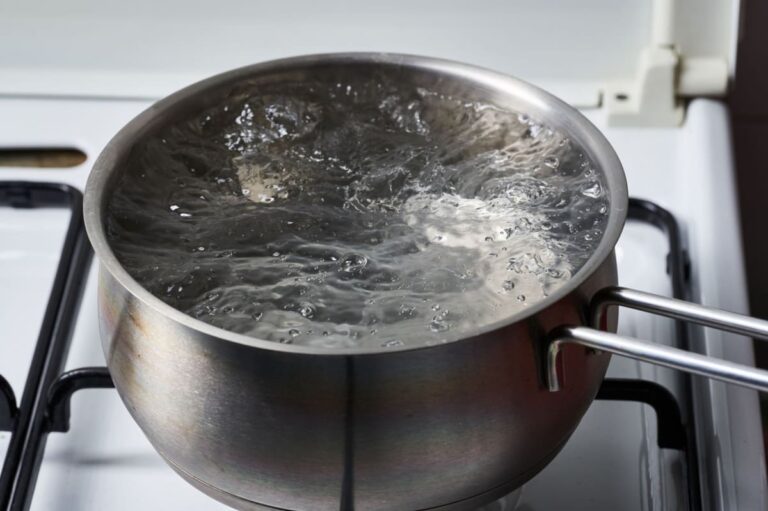
What Temperature Is Simmer On An Electric Stove? (Setting The Perfect)
Generally, simmering on an electric stove is 180°F (82°C) to 205°F (96°C). This range ensures the food cooks evenly and flavors develop. Recipes might demand specific temps within this range. For example, soups or sauces need a lower temp, while stews or meat require a higher temp.
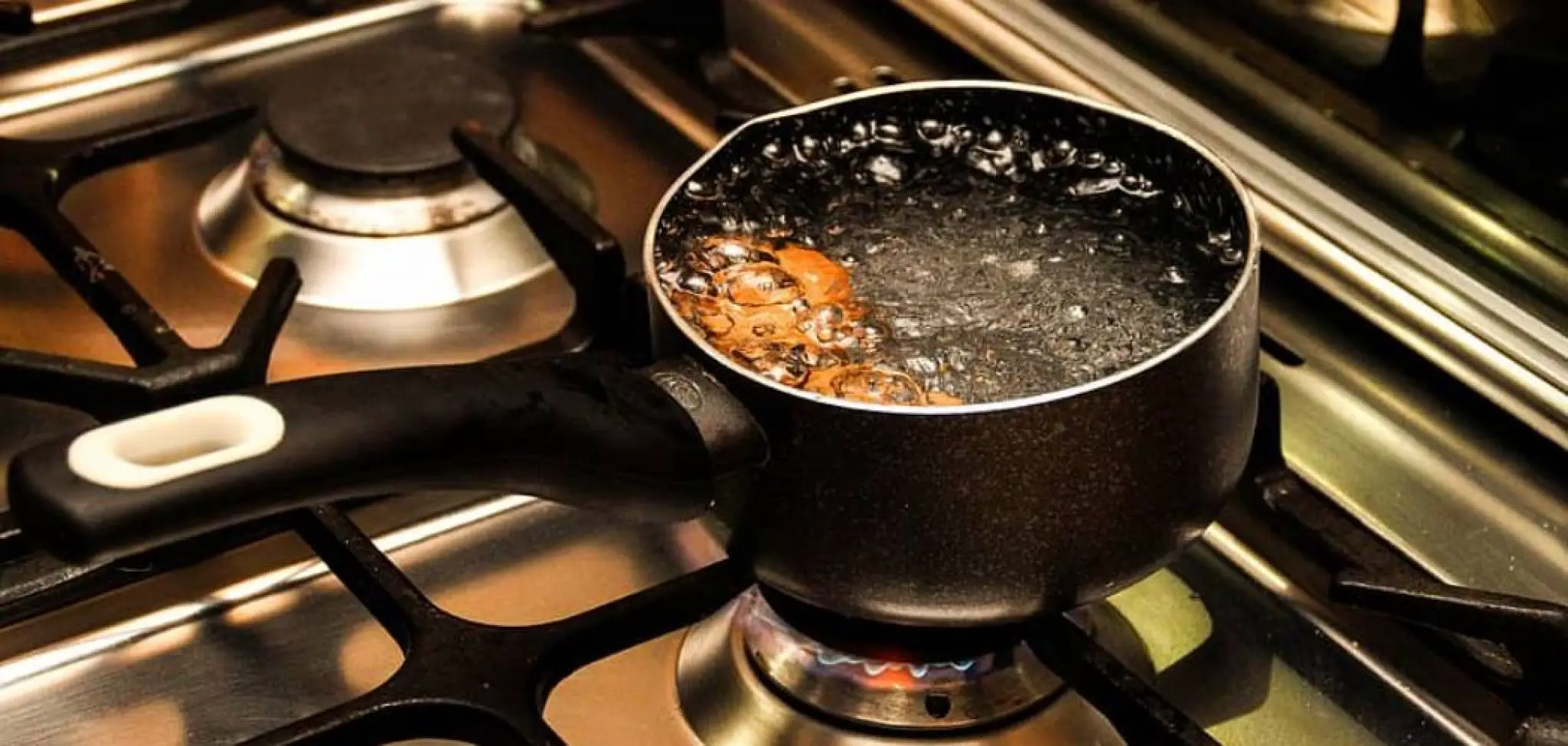
How to Simmer on a Gas Stove Smart Home Pick
Identifying the Simmer Setting. The exact number that corresponds to the simmer setting varies depending on the make and model of the electric stove. However, as a general rule of thumb: For stoves with numbered dials: Simmer is usually between 2 and 3. For stoves with lettered dials: Simmer is often indicated by the letter "L" or "S.".
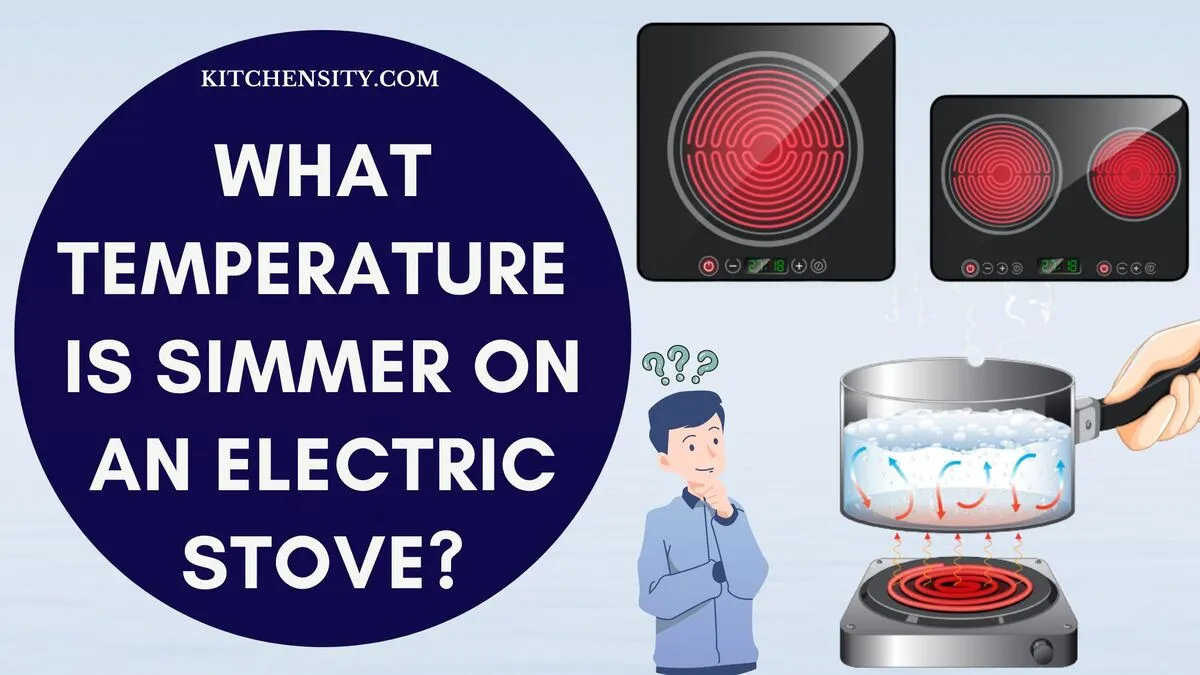
What Temperature Is Simmer On An Electric Stove? Unlock The Perfect Simmer
What Number Is Simmer on Electric Stove 1-9? Simmer on an electric stove is typically around 2 to 3 on the dial, but it's important to focus on the visual cues (gentle bubbles) rather than relying solely on the numbers. 3. What temperature is simmer 1-10? On a scale of 1 to 10, simmer is approximately at 2 to 4. This translates to a.
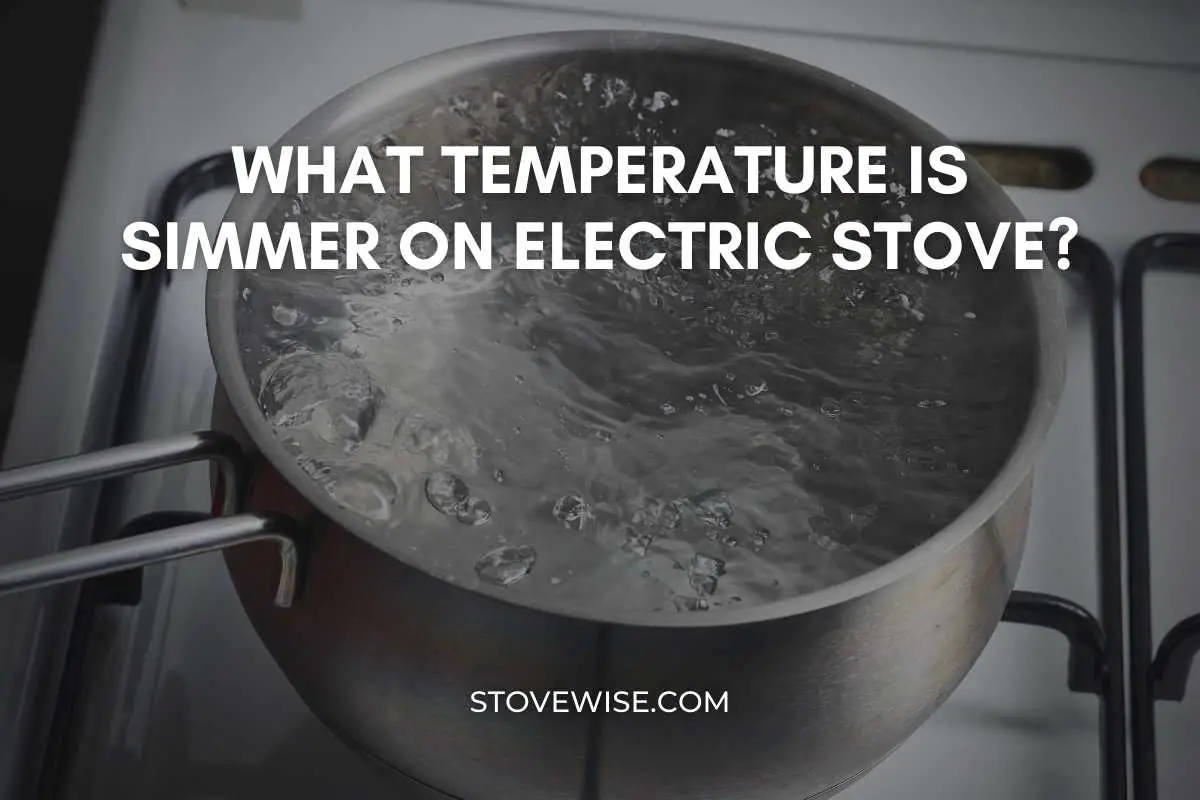
What Temperature Is Simmer On Electric Stove? StoveWise
Simmering, a culinary technique that involves gently cooking food in liquid just below the boiling point, adds depth of flavor and tenderness to many dishes. While gas stoves provide precise temperature control for simmering, electric stoves can also achieve this culinary feat with a few simple adjustments. In this comprehensive guide, we will explore the nuances of simmering on an electric.

What Number Is Simmer on an Electric Stove? You Got To Read This!!!
The simmer temperature on a stove typically ranges between 185°F to 205°F (85°C to 96°C). Maintaining this temperature is key to achieving the desired results in recipes that call for simmering. Factors Affecting Simmer Temperature. Several factors can affect the simmer temperature on a stove. The type of pot or pan being used, the amount.
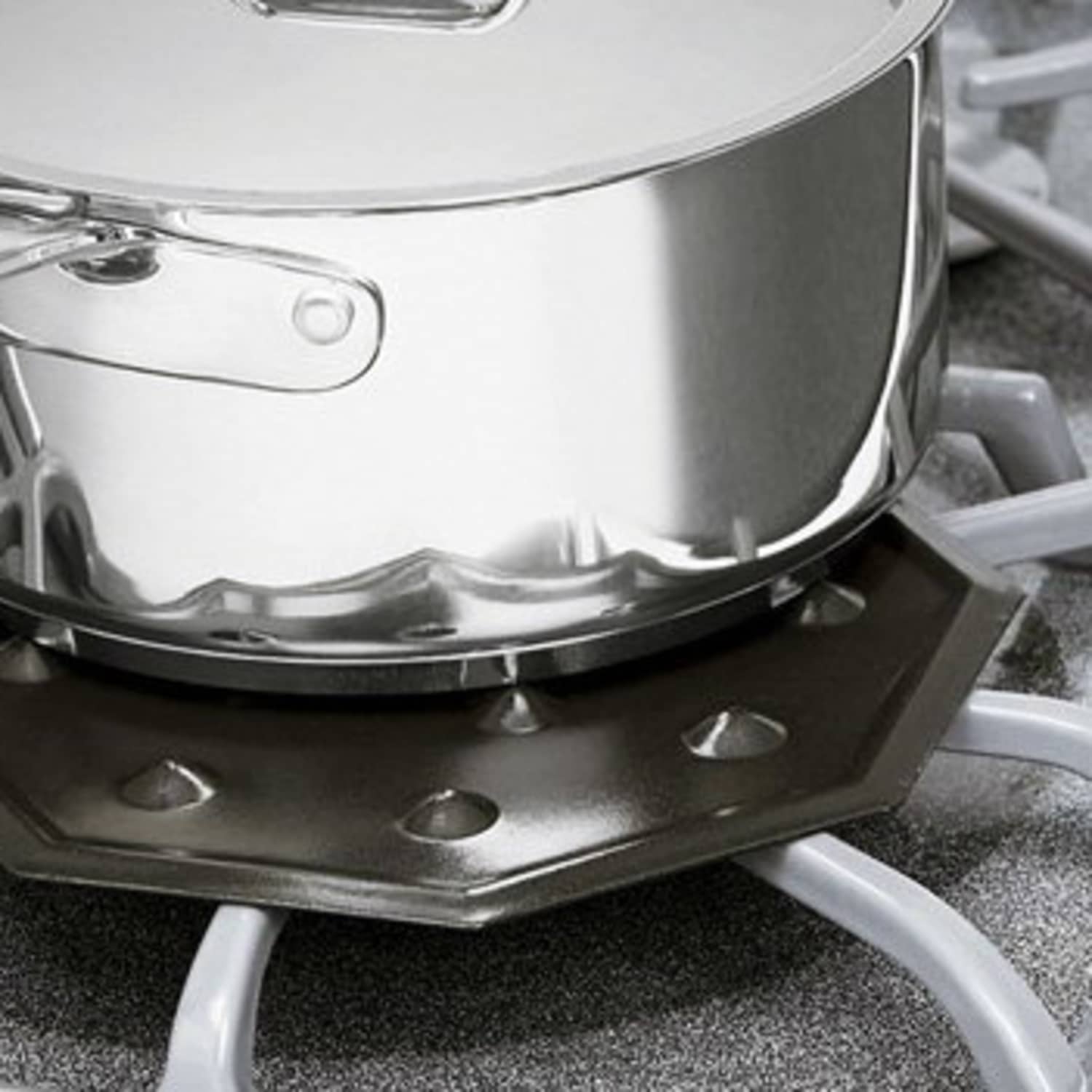
Stove top Metal Simmer Ring Heat Diffuser for Use on Gas and Electric
Simmering occurs at temperatures ranging from about 185°F to 205°F (85°C to 96°C). However, on an electric stove, this translates to a setting between low and medium-low. Electric stoves use numbered dials, typically ranging from 1 to 9 or on a low-to-high scale. To achieve a simmer, setting the dial between 2 and 4 usually does the trick.

What Temperature Is Simmer On An Electric Stove?
It allows flavors to meld and develop slowly while maintaining a low, steady temperature. Simmering is often used for soups, stews, sauces, and braises. 4. How long does it take to simmer food?. To adjust the heat for simmering on an electric stove, start by setting the burner to medium-high heat to bring the liquid to a boil..

What Temperature is Simmer on Electric Stove Stove Mastery
The perfect simmering temperature on an electric stove is usually between 180°F and 205°F (82°C to 96°C). That might sound like a bunch of numbers, but it's like finding the sweet spot on a thermometer.
What temperature is simmer for rice?
Simmer on an electric stove typically occurs in the temperature range of 160°F to 200°F (71°C to 93°C). The specific temperature may vary depending on the stove's make and model. The goal is to maintain a gentle bubbling just below the boiling point, allowing for slow and even cooking of dishes. The liquid should be gently bubbling, with.
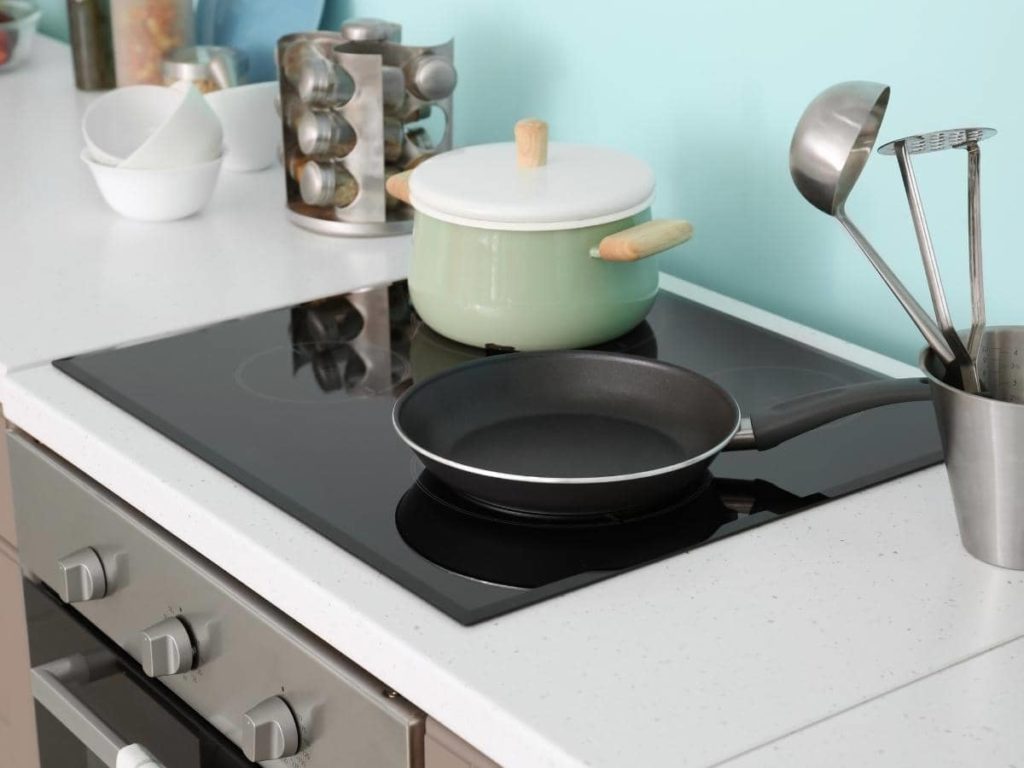
What Number Is Simmer on an Electric Stove? (Answered) HomeApricot
To turn your electric stove to simmer mode, you should turn the dial to its 2 or 3 settings. Doing this will increase the temperature of liquids to between 185 and 205°, so it doesn't boil over. However, since electric stoves aren't all built the same, finding the precise simmer setting can be a bit tricky.
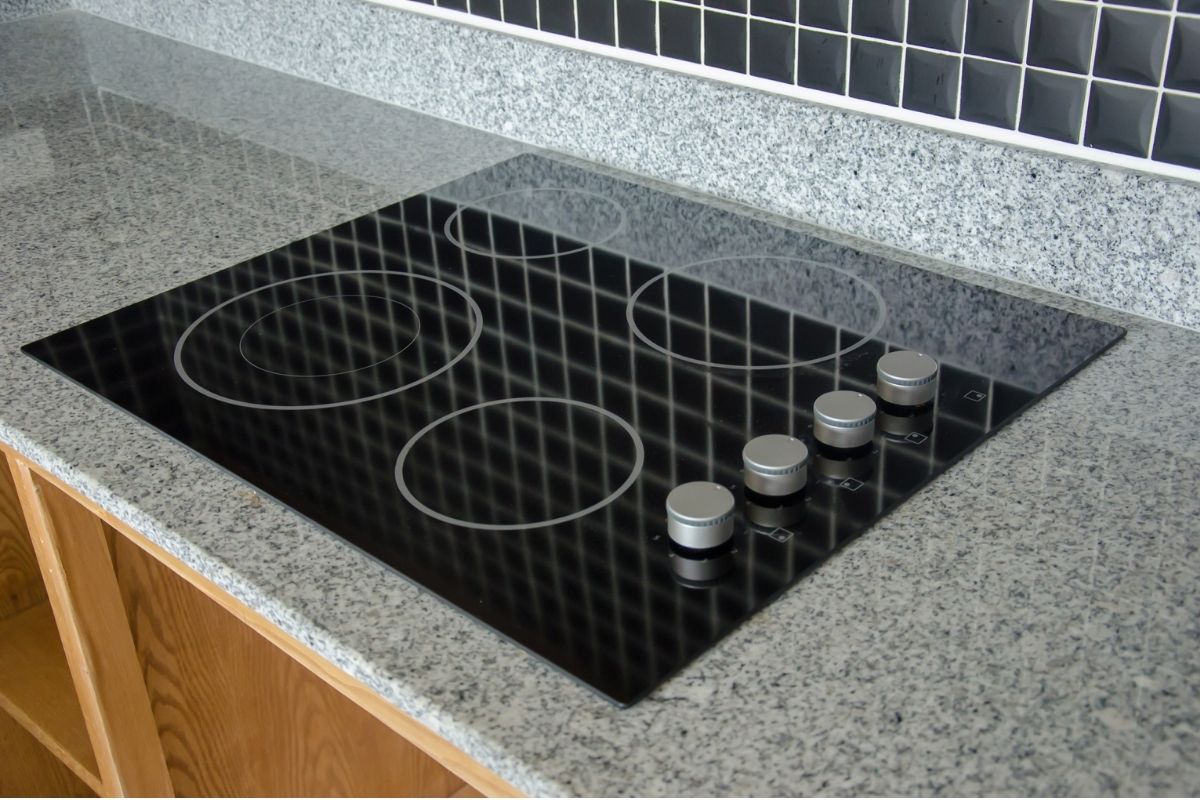
What Number Is Simmer On Electric Stove? PortablePowerGuides
The temperature range for simmering can vary depending on the recipe and the type of liquid being used. Still, it typically falls between 185°F to 205°F (85°C to 96°C). On a scale of 1 to 10, where 1 is the lowest heat setting, and 10 is the highest, a simmer is typically around a 3 or 4. The key to successful simmering is maintaining a.